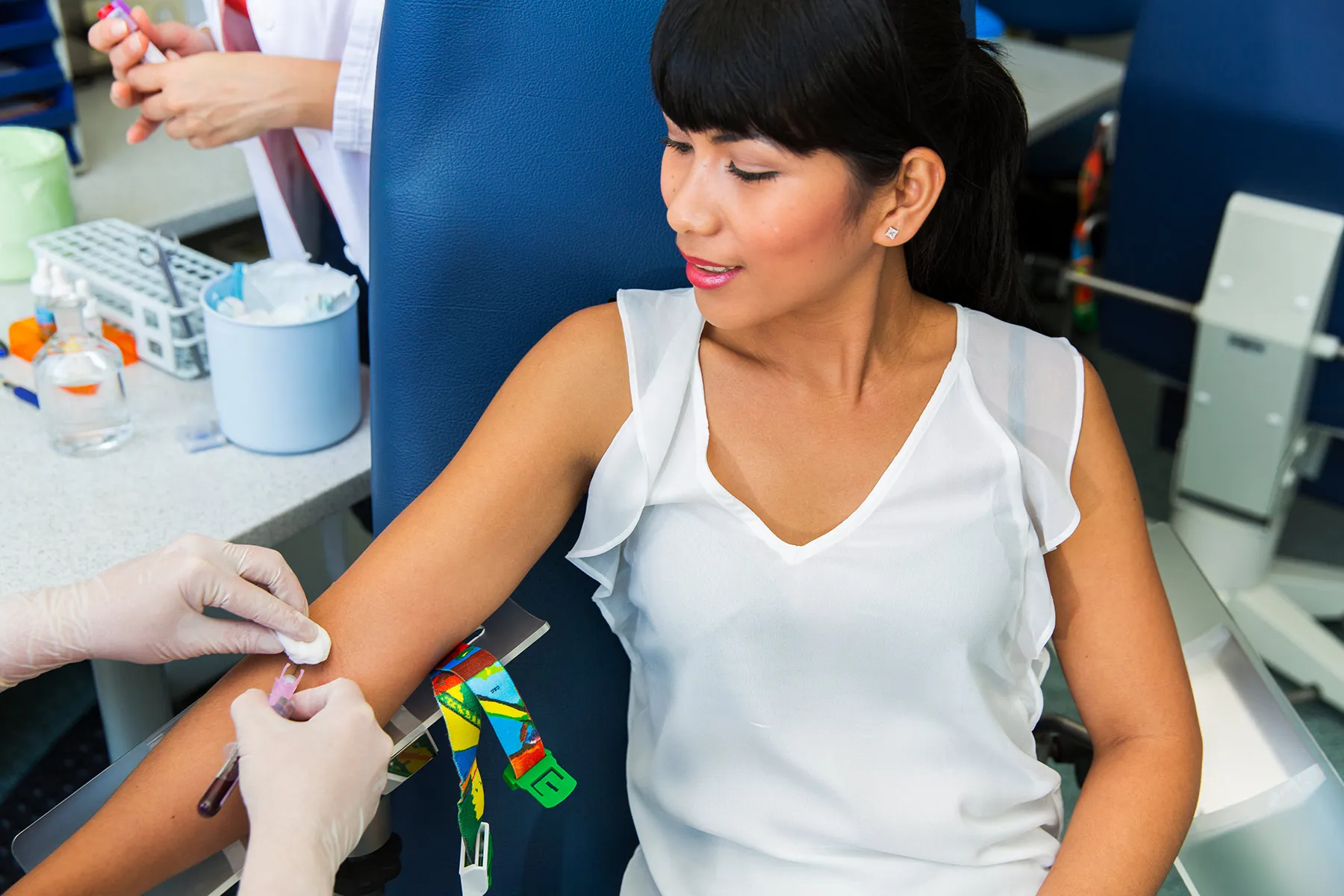
But Wait, Can You?
Okay, picture this… It’s the night before your blood test. You’re double-checking your instructions, maybe a little hangry already because you know the drill: “Don’t eat anything after midnight.” But your mouth is dry, and all you want is a gulp of water. Suddenly, it hits you—wait, can I drink water before a fasting blood test or will that mess up the results?
It sounds so simple, right? Water feels harmless. But these details are surprisingly easy to overthink (and honestly, you wouldn’t be the first to frantically text a friend or Google it at 2 a.m.). The thing is, getting this right can matter… not in a life-or-death way, but definitely in an “avoid repeating your test and getting poked again” way.
So… Why Does Fasting Even Matter?
Let’s be real—no one loves fasting for blood work. Your stomach’s rumbling, your coffee’s calling, and yes, you might even be dreaming about your post-test muffin. Ever wondered why the fuss? It’s not just some weird medical ritual. There’s a point, I promise.
Your body processes everything you eat and drink, and those nutrients float around in your bloodstream for a while. If you eat a donut (or even just a breath mint—true story, ask me later) right before your blood test, those sugars and fats jump into action. They mess up certain test results, especially things like glucose (yup, important if you’re getting checked for diabetes) and cholesterol (hello heart health!). If your numbers get skewed, the doc might think you’ve got big problems… when maybe you just had a snack at the wrong time.
What Does “Fasting” Really Mean?
This is where it gets surprisingly specific. Medical advice from all the big names (think Cleveland Clinic, WebMD, and your local lab tech who has probably seen it all) agrees: fasting usually means no food and no drinks except for plain water for 8–12 hours before your test. No coffee—even black. No tea, no juice, and definitely no lemonade. (Don’t even look at that can of soda.) Oh, and no snacks, chewing gum, or sneaky “just-a-bite” moments either.Fasting for blood work
But water? That’s the glorious exception. We’ll get back to that in a sec.
More Than Just Glucose
I used to think that fasting was all about checking for diabetes… turns out, it also matters for cholesterol panels (lipid tests), triglycerides, and even some iron checks. Not every blood test wants you to fast (lots don’t care what you’ve eaten), but the ones that do—really mean it. If you’re scheduling a cholesterol or blood sugar check (especially for diabetes), the exact timing matters.
| Test Type | Fasting Required? | Water Allowed? |
|---|---|---|
| Blood Glucose (Fasting, for diabetes) | Yes (usually 8–12 hours) | Yes (recommended!) |
| Lipid Panel (cholesterol, triglycerides) | Yes (8–12 hours) | Yes |
| Thyroid, Vitamin D, Blood Count | No | Yes |
Water: The Hero We Need?
Let’s go back to that water bottle sitting next to your bed. You’re thirsty—the good news? Can I drink water before a fasting blood test? Absolutely, yes! Not only is water allowed, it’s actually a real winner for your veins and your results.Fasting for a blood test
Here’s the scoop: water keeps you hydrated (duh, right?), but it also does wonders for making blood draws easier. Hydrated veins = plumper, easier-to-find veins = fewer needle mishaps = less stress for everyone. Sipping water before your test can even help your body process things smoothly while you’re fasting. Trust me, I’ve seen people who skipped water get lightheaded or watch their blood just… trickle. Not a fun way to start your morning.
If you’re still wondering how soon should you drink water before a blood test? Most advice says you can (and should) sip throughout your fasting period, right up to your appointment. If you want to dig deeper into timing, there’s a super handy rundown at How soon should you drink water before a blood test. It’ll answer all those “but what if…” questions you might secretly be googling.
Will Water Mess Up My Results?
The short answer is no. Unlike coffee, tea, or juice, water doesn’t mess with your blood sugar or fat readings. If you’re fasting for a glucose check (for diabetes screening or monitoring), water won’t make your numbers look weird. Same goes for cholesterol; the only stuff water changes is your comfort level and veins (both get better!).
Now, if your test is for something like kidney function, thyroid, or even vitamin D—no fasting is needed, but water is still your buddy. No reason to show up dehydrated.
Real-Life Oops: When Water Isn’t Water
Here’s a funny little story. My friend once thought a herbal tea “didn’t count” because he skipped the sugar and milk. But boom, his triglycerides showed up super wacky (the doc was not amused). Had to redo the test—double ugh. Lesson? Only plain water counts. If it has a flavor, color, bubbles, or caffeine… it’s not fasting-friendly. (Sorry, zero-calorie lemon water. You’re still out!)
If you want even more detail about diabetes-specific fasting (like the difference between a regular and a fasting glucose test), you’ll love can I drink water before a fasting blood test for diabetes. It’s like having an endo nurse in your pocket.
Timing Your Fast (and Your Sips)
Alright, let’s break it down. Most fasting blood tests want you to go 8–12 hours without food or drinks (except water, gotta keep repeating it—even my cousin got confused once and skipped water entirely and fainted at the lab… don’t be like her).
If you ask any early-rising tech at the lab (or check centers like Cleveland Clinic or WebMD), the go-to tip is: make your blood test for first thing in the morning. That way, most of your fasting happens while you’re snoozing. Less time awake and hungry = less suffering. Set out water the night before so you don’t forget; a glass in the morning is usually fine before you leave home.
But How Much Water?
There’s really no magic number, but a few glasses spaced out—especially sips after waking—should be perfect. Chugging two liters right before you leave probably isn’t wise (nobody wants to need a bathroom break right as the needle comes out!), but you don’t have to ration like you’re in the desert either.
As for coffee fans out there… yeah, I know. No caffeine before a cholesterol or fasting glucose test. This is one of the rare times your morning latte has to wait. (Your veins and your results will thank you.) And don’t start jogging laps or doing burpees either; exercising can spike your results.
Quick Cheat Sheet
| Allowed During Fasting | Not Allowed |
|---|---|
| Plain water | Coffee, tea, juice |
| Regular medications (unless told otherwise by doctor) | Gum, mints, flavored drinks |
| Light sips the morning of | Exercising, smoking |
What If You Mess Up?
Don’t panic. Seriously. If you accidently take a sip of something other than water… first, admit it at your appointment. More often than not, your provider will just reschedule instead of risking a test that doesn’t give accurate results. Worst case? You get a second chance to properly hydrate and show up for round two (and yes, bring a snack for after the test, trust me).
Missing the fasting window, even a little, can send your numbers sideways. Like that time I mindlessly chewed a piece of gum before my iron check—my results came back lower than expected. Lucky for me, my doc was on it (“Were you chewing gum?” cue facepalm). Redid the test, results were fine, and now I’m the first to remind everyone I know: even gum counts!
And if you’re worried about diabetes checks specifically, again, water’s totally fine—find more details at can I drink water before a fasting blood test for diabetes.
Small Myths That Trip Us Up
I hear this a lot: “But my juice doesn’t have sugar!” or “One tiny candy can’t hurt…” Sorry, those still count. Even clear sodas, diet or not, can mess up your numbers. Only water has the green light. Even “detox” waters with cucumber or lemon cross the line. Fast means… fast (the boring, old-fashioned, water-only kind).
Another myth: “No water will help me get through faster.” Actually, labs recommend a well-hydrated patient for easier blood draws. Plus, sipping water can keep headaches and dizziness away while you wait your turn. (I learned this the hard way… trust me!)
How Soon to Drink?
If you want a granular breakdown of ideal timing—whether you should chug water before you leave or stick to gentle sips—check out how soon should you drink water before a blood test. Some super actionable pointers for those “I have to pee, but I don’t want to faint” moments.
Ready to Get the Most Accurate Results?
So, here’s the recap, friend: Can I drink water before a fasting blood test? Absolutely—you should! Drink freely (within reason), just steer clear of everything but water for the required window. Fasting doesn’t have to be brutal. The trick is in the details. Know how soon should you drink water before a blood test, make sure you’re hydrated, and never, ever trust “just a sip” of something else.
This matters for all those important markers: diabetes, heart health, even digestive issues and more. If you’re ever prepping for a test and feeling lost, check your lab’s instructions but also poke around detailed guides like can I drink water before a fasting blood test for diabetes especially if you (or someone you love) is managing blood sugar changes or just wants to avoid a second blood draw.
Remember, your results reflect what’s really happening in your body—hydration helps, but accuracy comes from following fasting instructions to a tee. Grit your teeth through the hunger, take pride in knowing you played by the rules, and enjoy that post-test breakfast (make it epic, you’ve earned it). What do you think: breakfast burrito or croissant?
Stay healthy, stay hydrated, and here’s hoping your next blood test is easy, quick, and totally drama-free. And hey—don’t forget your water bottle on the way out the door.


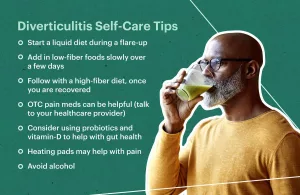
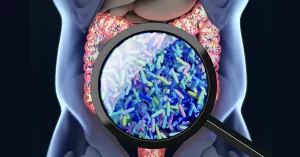
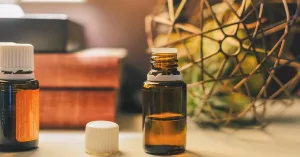
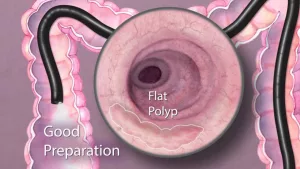

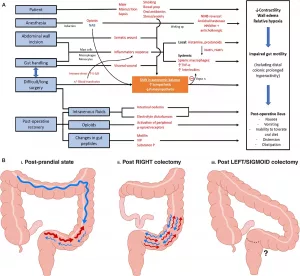
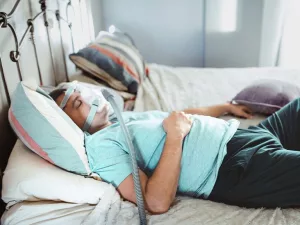

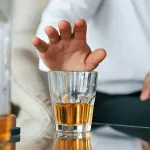
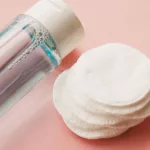



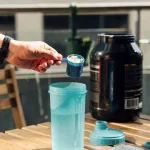
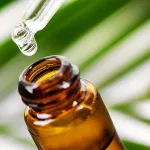

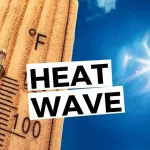
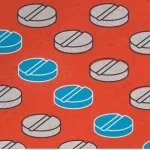
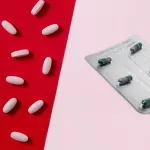

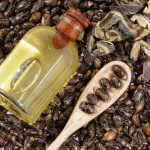

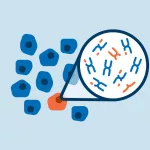
Leave a Reply
You must be logged in to post a comment.